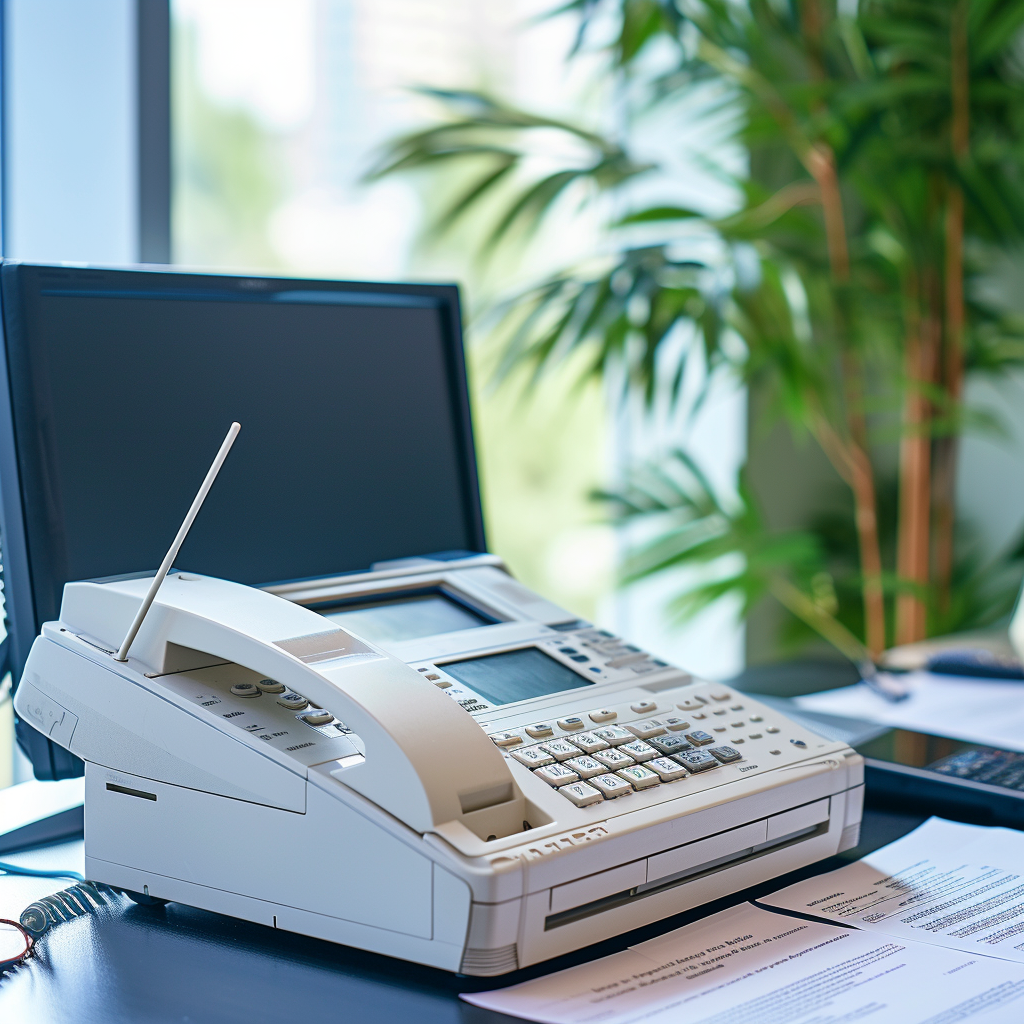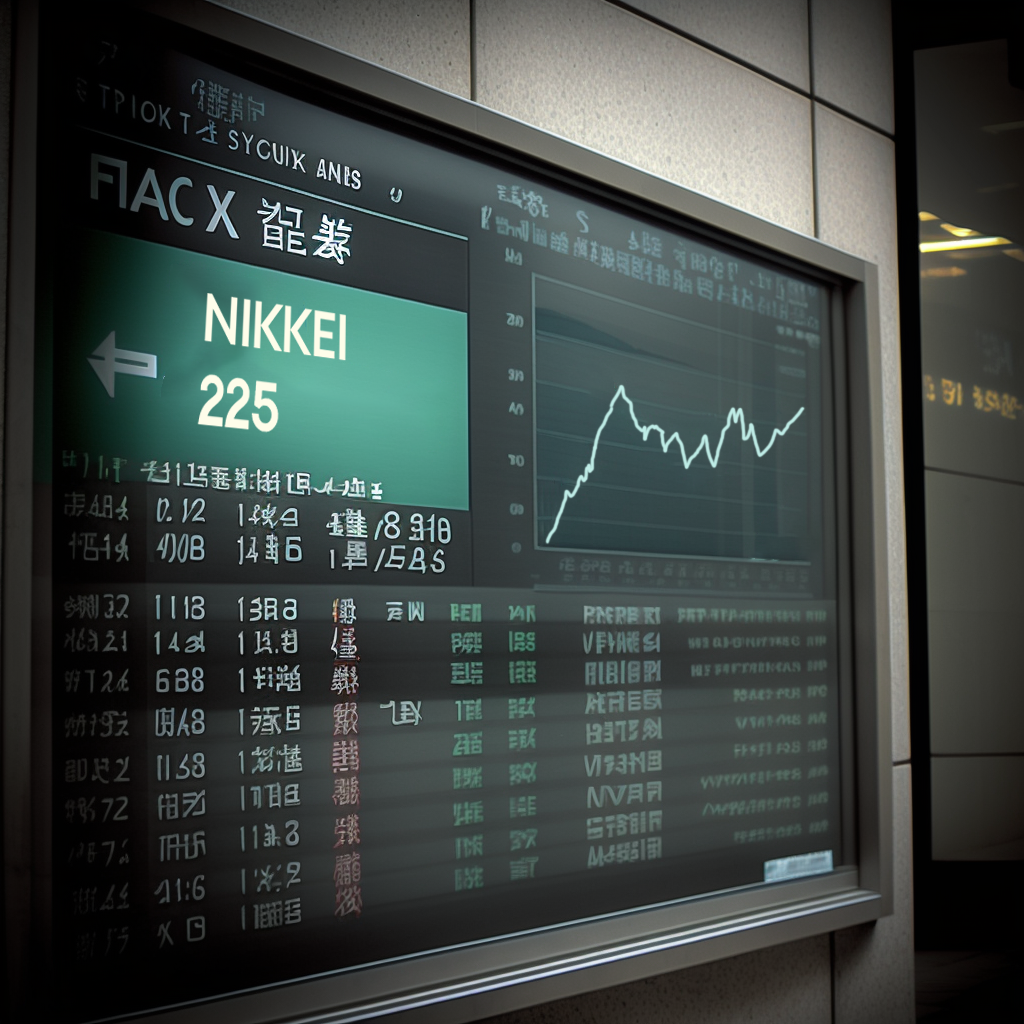In Japan, the FAX remains a widely used technology despite continued advancements in communications. While many countries have abandoned the FAX in favor of more modern technologies such as email and instant messaging, Japan continues to rely on the device for transmitting official documents, contracts and other information important. This article will explore the history of FAX in Japan, the reasons for its persistence, and its role in contemporary Japanese society.
History of the FAX in Japan
The introduction of FAX in Japan dates back to the 1960s. Indeed, this is a period when this technology began to be adopted on a global scale. However, it was in the 1970s that the telefax machine really took off in Japan. At the time, it represented a significant advance in long-distance written communication. Thus it allowed a rapid exchange of documents between companies and individuals.
For several decades, the telefax machine was the primary means of electronic communication in Japan. Businesses, public administrations and even homes massively used this technology to send formal documents. The Japanese have developed a telefax culture, considering it a reliable and secure tool for business communications.
Reasons for the FAX Persistence
Several factors explain the persistence of the telefax machine in Japan, despite the emergence of more modern technologies.
1. Culture and Tradition:
Japanese society places great importance on tradition and formality. The telefax machine, as a proven tool, is rooted in Japanese business culture, where formality in document exchange is crucial.
2. Security and Privacy:
It is seen as a secure way to transmit sensitive information. Unlike emails, which can be vulnerable to cyberattacks, telefax offers a high level of privacy. And this is because it uses dedicated telephone lines.
3. Handwritten Signature:
In many business transactions in Japan, a handwritten signature is required. Telefax machines allow the sending of original documents with handwritten signatures, thus strengthening the legal validity of contracts and agreements.
4. Accessibility:
Faxes are widely available and easy to use. Even small businesses and individuals can obtain FAX machines at an affordable cost, promoting widespread use.
Current Role of the FAX in Japanese Society
Today, although FAX coexists with other means of electronic communication in Japan, it retains an important place in daily life and business transactions. Medical practices, public administrations, businesses and even schools continue to use it for formal exchanges.
Some experts believe that the persistence of FAX in Japan could slow down the digital transformation process in certain industries. However, others argue that the telefax machine is also evolving, with the integration of features such as emailing telefax and automatic document scanning.
Conclusion
The FAX in Japan remains a curiosity for foreign observers, but it embodies the resilience of proven technologies in an ever-changing world. While other countries are phasing out the telefax machine, Japan continues to embrace it, preserving an element of its technological heritage. The FAX remains a testimony to the successful coexistence between ancient traditions and modern innovations in Japanese society.





